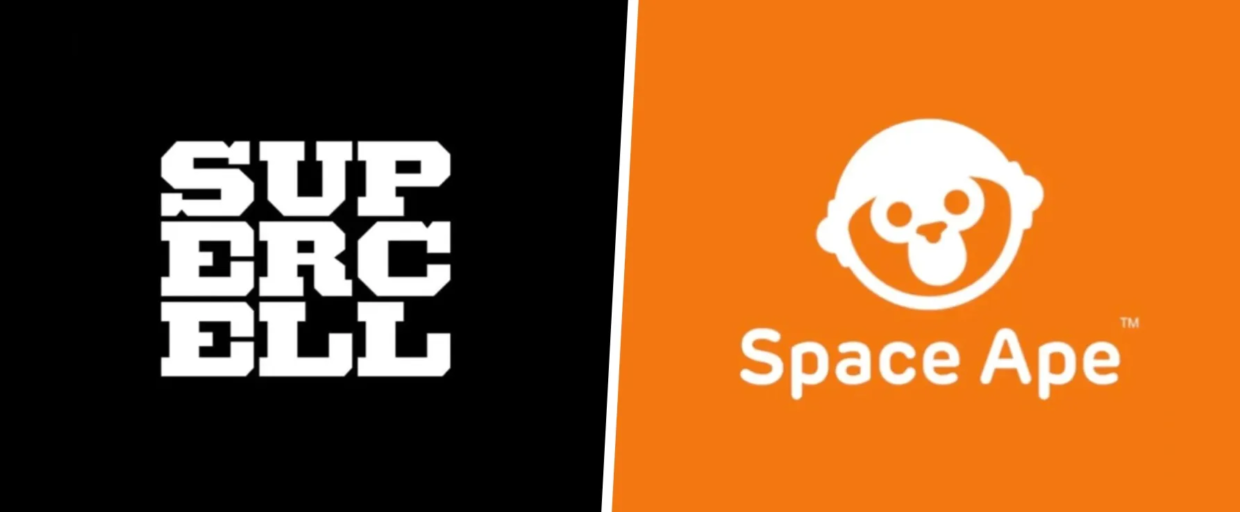Playtika Sets Sights on $450M in M&A, Skipping AppLovin Bid
Source: PocketGamer Mobile gaming giant Playtika is gearing up for a major acquisition spree, earmarking $300 million to $450 million for "bolt-on" M&A over the next three years. That’s straight from President and CFO Craig Abrahams during the company’s latest Q4 and 2024 investor call. The move follows Playtika’s $1.95 billion takeover of Dice Dreams and Domino Dreams developer SuperPlay last November. While speculation had swirled about Playtika making a play for AppLovin’s $900M games portfolio, this budget suggests that’s off the table. D2C Growth, But a Mixed PicturePlaytika’s direct-to-consumer (D2C) revenue climbed 8.6% Y/Y to $694M in 2024, continuing its push toward first-party distribution. In Q4, D2C revenue hit $174.6M—up 8% Y/Y, but barely nudging quarter-over-quarter growth at 0.1%. However, D2C’s share of total revenue slipped to 26.8% in Q4 (down from 28.1% in Q3), which Playtika attributed to […]



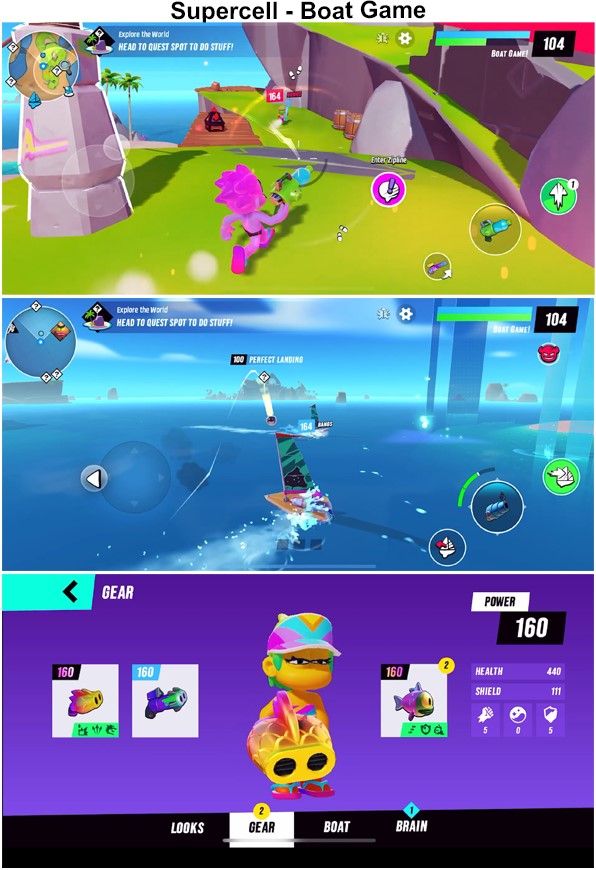
 in a very cryptic video of gameplay and random images. There is also a hidden message in the video I am sure Internet will decode by now
in a very cryptic video of gameplay and random images. There is also a hidden message in the video I am sure Internet will decode by now  . So what is Boat game about? On the surface look it looks like a simplification of Sea of Thieves
. So what is Boat game about? On the surface look it looks like a simplification of Sea of Thieves  , the pirate hit from Microsoft. We can see that there will be 2 core gameplays, one for the naval combat with completely different abilities and one for the land combat
, the pirate hit from Microsoft. We can see that there will be 2 core gameplays, one for the naval combat with completely different abilities and one for the land combat  . Again with different set of abilities. Both controlled by the typical virtual joystick on the left and ability buttons on the right control scheme. Both cores seems to have their separate inventories as seen in the image of Gear & Boat buttons. I am guessing both will be based on gacha […]
. Again with different set of abilities. Both controlled by the typical virtual joystick on the left and ability buttons on the right control scheme. Both cores seems to have their separate inventories as seen in the image of Gear & Boat buttons. I am guessing both will be based on gacha […] 
 Revenue ShareRevenue share determines how profits (net revenue of UA) are split between the developer and publisher, typically based on:
Revenue ShareRevenue share determines how profits (net revenue of UA) are split between the developer and publisher, typically based on: Risk & Investment – More funding = lower revenue share for the developer.
Risk & Investment – More funding = lower revenue share for the developer. Studio Burn CoverageBurn coverage determines if the publisher funds the studio’s operational costs or not, this could also be done on the title/project level:
Studio Burn CoverageBurn coverage determines if the publisher funds the studio’s operational costs or not, this could also be done on the title/project level: Commercial TermsBeyond revenue share and burn, contracts […]
Commercial TermsBeyond revenue share and burn, contracts […] 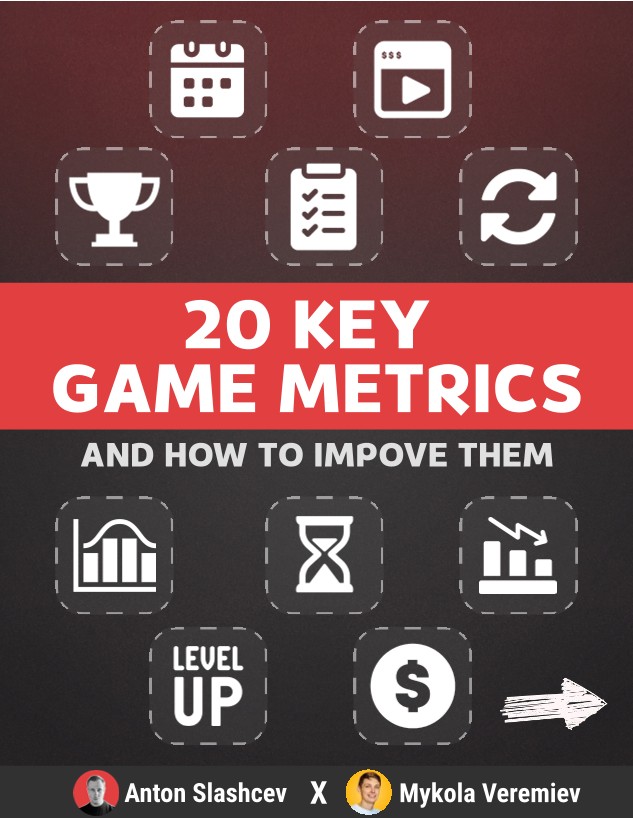
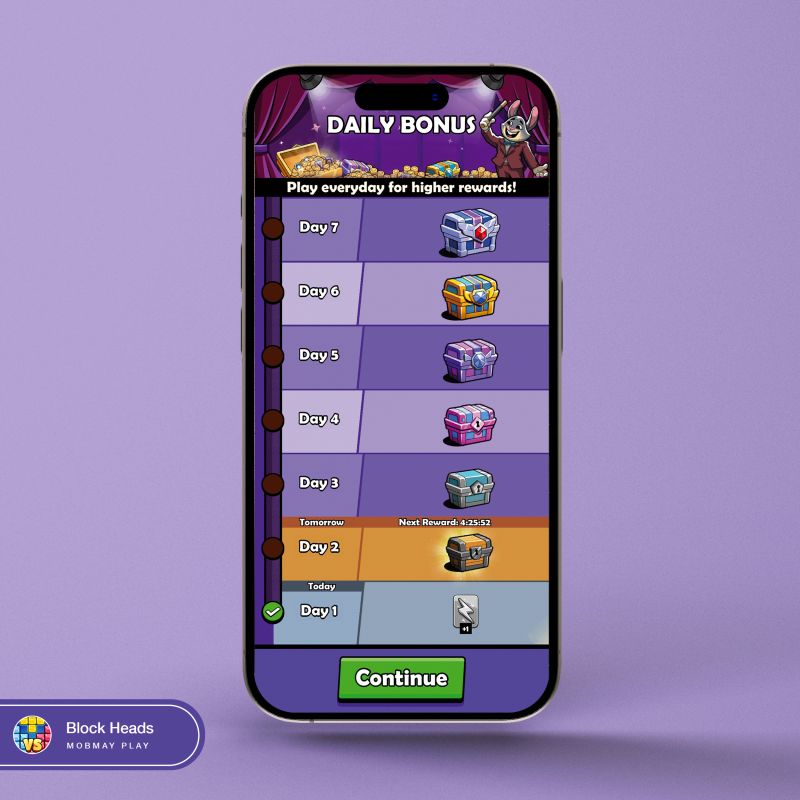
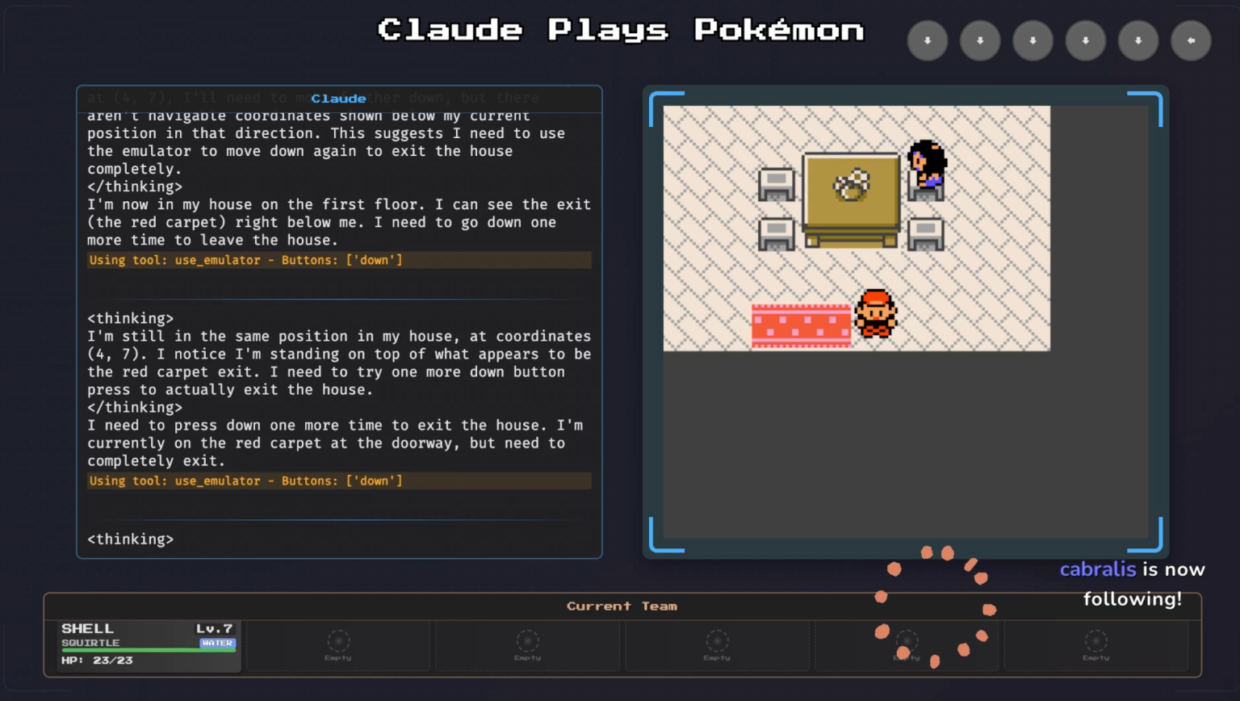
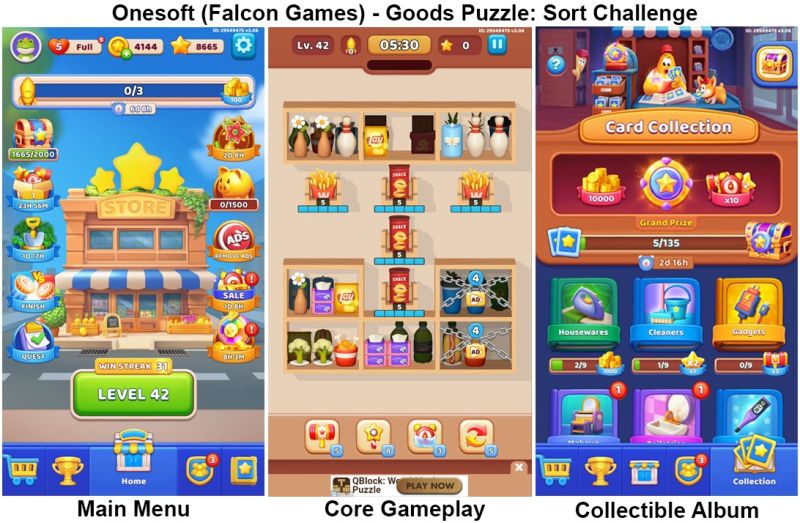
 with around 200K downloads a day. It is another recent hit from a studio in Vietnam, where gaming ecosystem is booming
with around 200K downloads a day. It is another recent hit from a studio in Vietnam, where gaming ecosystem is booming  . How did they do it? This is a sort game, where you need to match 3 same items on a supermarket
. How did they do it? This is a sort game, where you need to match 3 same items on a supermarket  bench for them to disappear. Compared to other sort games you can freely move items around the shelves disregarding their type when placing them beside each other, which is the opposite of the usual sort core, where only the same colors/items can be placed near each other. This is then smartly scaled through level design mechanics such as moving conveyor belts, chained shelves, and vending shelves, which creates difficulty through time pressure
bench for them to disappear. Compared to other sort games you can freely move items around the shelves disregarding their type when placing them beside each other, which is the opposite of the usual sort core, where only the same colors/items can be placed near each other. This is then smartly scaled through level design mechanics such as moving conveyor belts, chained shelves, and vending shelves, which creates difficulty through time pressure  as you fail only if you don't have any more […]
as you fail only if you don't have any more […] 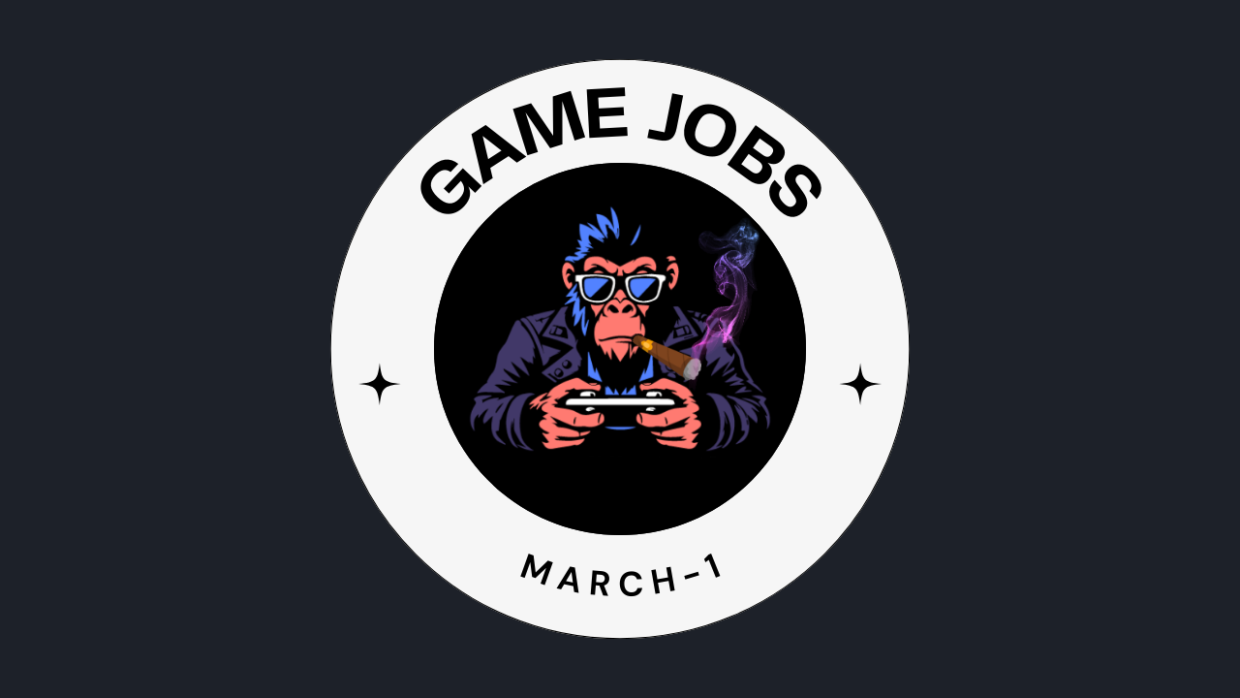
 1010 Jobs in Mobile Gaming » 21-28 February
1010 Jobs in Mobile Gaming » 21-28 February 
 Data from Gamigion.com/jobs
Data from Gamigion.com/jobs  Dev
Dev  Art
Art  Marketing
Marketing  Business
Business 
 Associate Technical Product Manager - Star Trek Fleet Command Scopely
Associate Technical Product Manager - Star Trek Fleet Command Scopely  Senior Full Stack Engineer (Platform) - Scopely
Senior Full Stack Engineer (Platform) - Scopely 
 Senior Analytics Engineer Scopely
Senior Analytics Engineer Scopely  Senior Software Engineer- Website Development Zynga
Senior Software Engineer- Website Development Zynga  Senior Manager, Engineering Zynga
Senior Manager, Engineering Zynga 
 Principal Software Engineer - Game Services, ZMGT Zynga
Principal Software Engineer - Game Services, ZMGT Zynga  Unity Developer Playtika
Unity Developer Playtika  Do we believe in this game enough to invest in it?Here’s how the decision-making unfolds:
Do we believe in this game enough to invest in it?Here’s how the decision-making unfolds: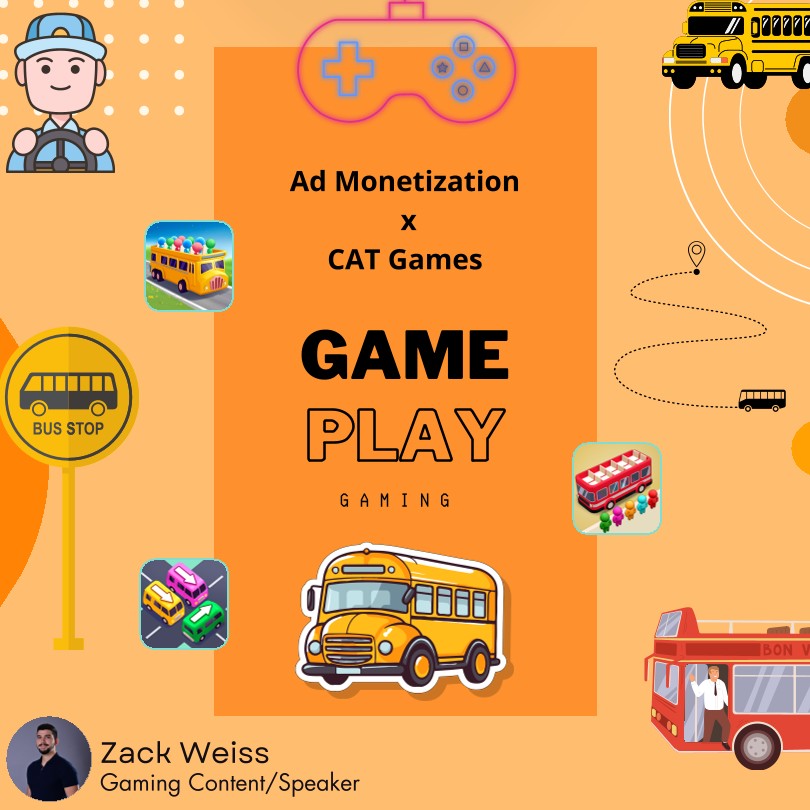

 Check out some insights into the trend and dive into the fastest growing Bus Games in the world!
Check out some insights into the trend and dive into the fastest growing Bus Games in the world! 
 In my opinion these games are great for those who love organizing
In my opinion these games are great for those who love organizing  Data from SocialPeta LtdCrazyLabs ABI Game Studio iKame Global
Data from SocialPeta LtdCrazyLabs ABI Game Studio iKame Global 
 A well-deserved applause for the studio’s ability to sustain both engagement and revenue for such an extended period!
A well-deserved applause for the studio’s ability to sustain both engagement and revenue for such an extended period! 
